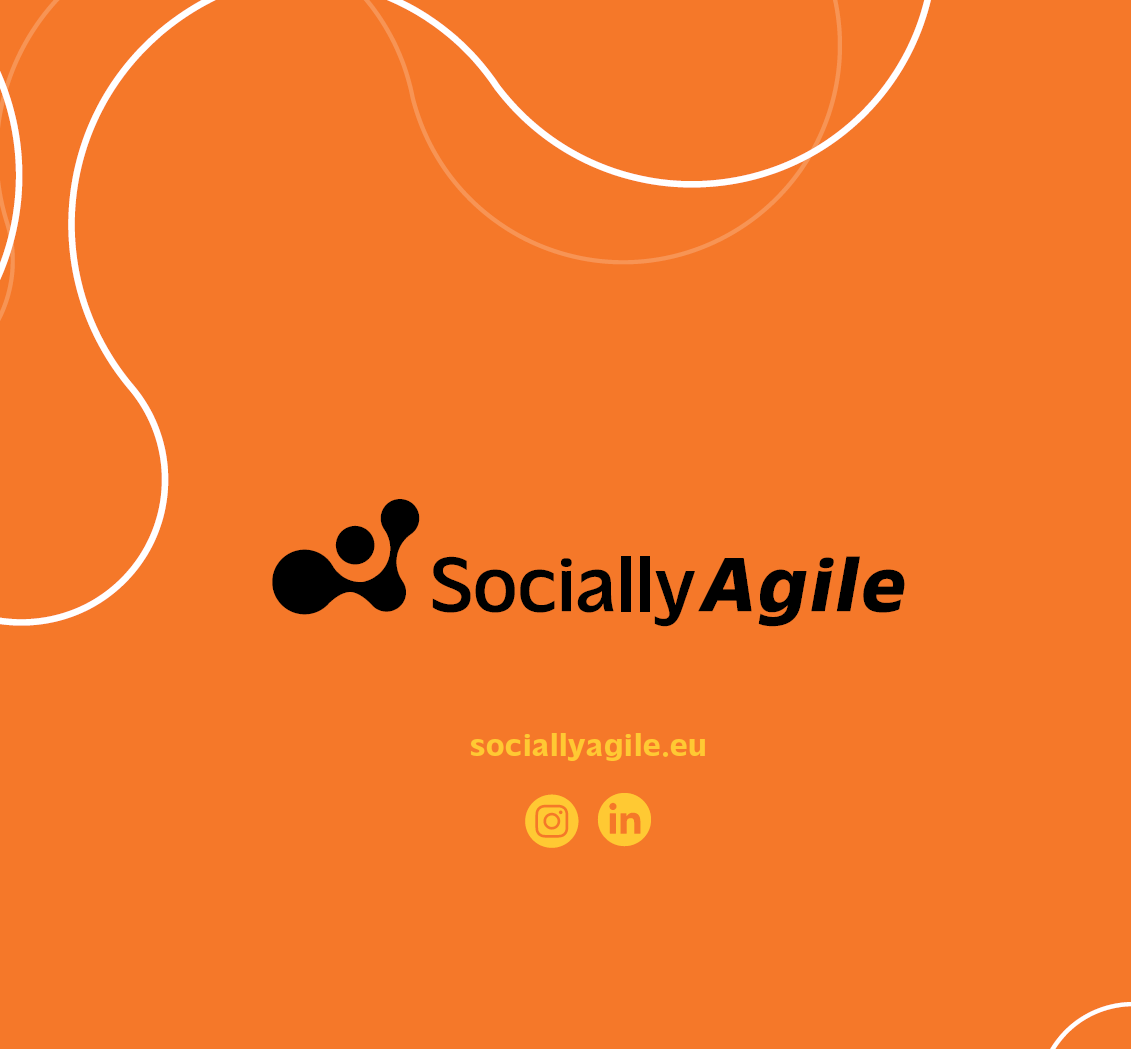In March 2016 The Social Economy Supporting Center of Wester Subregion of Silesia Voivodeship (south of Poland) lead by Association CRIS opened a contest for grants dedicated to creating new working places for representatives of excluded i social enterprises.
One of the initiatives that was approved in the 1 round of evaluation is an idea of two NGOs: Association Oligos and Association Club 17th from Rybnik in Poland which are planning to open a new social cooperative of legal entities.
If you are interested to get to know how did it happen that 2 NGOs decided to establish a new social cooperative? What challanges they can see in the begging of their advature with social bussiness? read our interview with Jarosław Tobiasz – Vice President of The Board of Association Oligos.
Anna Pomykoł: Please tell me few words about your Association and how did it all start? What was your motivation to create a new social enterprises in a partnership with other NGO?
Jarosław Tobiasz: Association Oligos was established in 2007 in Rybnik, was founded mainly by the parents of disabled people (both children and adults) and by those who professionaly works with this group of people. In the beggining we were a small NGO mostly organizing small event for the community of families with dissable person but with a time we were getting bigger and bigger, staronger and strone and now sinces several years we run Environmental Self-Help Center in Rybnik for people with disabilities, also very deep ones. After so many years of work we still can see huge gaps in the system of social and proffesional integration, especially of people with disablilities. Some of our beneficiaries goes to the WTZ (Therapy workshops) and stays there, because in Rybnik there is no institution for vocational reintegration. Furthermore, many people stays in Our Center because the number of people with disabilities is increasing, and the number of places in WTZ for a long time remains the same.
We and other instituions dealing with disabled people realize that the perfect solution would be creating in Rybnik Vocational Training Centre (ZAZ) , but we know that for procedural and financial reasons establishment of such institution in our city is very difficult and unlikely possible in the near future.
That’s why we started to wonder if there is another way to create a safe, friendly to our beneficiaries working place. And then came the idea of a social cooperative, we knew that this could be an interesting alternative to the ZAZ, we had an idea who tfrom our center could work in a cooperative, but we could not select the type of services, goods that social cooperative could sell . Besides that we simply didn;t know how to start the whole process.
And then, as sometimes happens, there was a positive coincidence, we met representatives of the Association 17th and from word to word it turned out that they, too, for a long time was planning establishing the social cooperatives where clients of their Social Integration Club could be employed. It also came out that theur had the same problem as we did. They was not sure where to strart, are thier clients ready for this responsibility, and from where to get financial support for the very beggining.
Then the representatives of the Association 17th recalled that a few weeks earlier representatives of CRIS visted them and offered a financial and non-financial support for this kind of initiavities, meaning the creation of new entities of social economy with new working places for socially excluded people. So we arranged a meeting with one of your advisors, we met several times with the Association 17th and representative of CRIS to discuss our ideas and we submited the application in the competition and we we are, ready to register our social cooperative in the court.
Anna Pomykoł: What your social cooperative will offer?
Jarosław Tobiasz: We plan to open a multi-branch cooperative, first of all to give a chance for our excluded to find a job that they would like and for which they have competances, second of all to diversify sources of income. In the beggining we will offer cleaning services and we want to lead a kind of point of exchange and sale ex. furniture, household items, clothing and equipment.
Extremely valuable in planning the kind of services that we will offer was a cooperative with local leaders, institutions from our local community. We could know better the local market, local entrepreneurs and potential customers. We asked what services they buy or outsours but they are not satisfied and what should be improved to reached their needs and what we could do to convince them to cooperate with us in the future. And to our surprise, we managed to establish cooperation with Institution managing a large settlement and receive an initial declaration that cleaning services in the district’s could be provided by our new social cooperatative.
Anna Pomykoł: What is the biggest challenge for you now in the very beggining of starting your social business?
Jarosław Tobiasz: On the one hand, we are have standard concerns as probably 99% of the new “business people” have, whether we find ourselfs on the open market with our services, how we will manage with a large number of competitors, or will we break through with the offer to a wider group of customers which in term will determine the success of our enterprise. On the other hand, we have concerns connected with the employees of our cooperative, both those with disabilities and those who have previously used the Social Integration Center services. Will they be determined and persistant enough to dedicated their time and effort for developing this social enterpise. Will they provide hight quality services and take reasponsibility for daily work, or at the first difficulties or monotonous of every-day duties they will return to their “old life” – safe rehabilitation activities in a closed center or beeing a beneficiary of social welfare system and remain in the long-term unemployed.
But so far so good! We all took part in training courses provided by CRIS, we all worked hard on detailed bussinessplan so we are ready for challenge!
Anna Pomykoł: In that case I wish you a good luck and I’m crossing my finger for you success. Thank you very much for the conversation.
Jarosław Tobiasz: Thank you.















Leave A Comment